Why accountants charge so much and what you can do about it
“Please charge me more in accounting fees” said no business owner ever. In fact you only have to belong to a couple of business oriented Facebook Groups to see posts from people querying or complaining about how much they are paying their accountant and how little they get in return.
We totally understand and share your frustration. So lets dig a little deeper into why accountants appear to charge so much for seemingly very little in return.
Three reasons we resent paying accounting fees
1. We think that software + us are doing 99% of the work.
Technology has come a long way, but the reality is that preparing your annual accounts and tax return is not just a quick push of a button.
Xero is an awesome and relatively intuitive piece of accounting software. But it is possible to stuff it up. Bank feeds drop off, expenses get double counted as bills & as spend money transactions, and things get allocated to the incorrect account code.
Someone needs to check that this is all done correctly, and then make the end of year tax adjustments that software like Xero and MYOB can’t do. That someone is your accountant.
2. We think tax for our small business isn’t that complicated
Inland Revenue has lots of great information on their website to explain the basics of tax in relatively plain language. Unfortunately tax is anything but simple.
So don’t be deceived, when it comes to tax the devil is in the detail which is why Inland Revenue produces screeds of interpretation statements, why there are so many lawsuits to do with tax, and why Chartered Accountants are required to do 40 hours of continuing education every year.
It’s also important to understand is that what is true for your friend’s business might not be true for you simply because you’ve got a slightly different set of circumstances. Taking tax advice from your friends or crowd-sourcing through a business Facebook group is a very risky way of saving money on your accounting fees.
One of the worst situations I’ve come across was Catrina (not her real name) who repeatedly checked with Inland Revenue that they didn’t need to pay tax on their drawings. Which is true. As a sole trader they needed to pay tax on their businesses profits. Unfortunately they didn’t know the right questions to ask and incorrectly claimed their drawings as a business expense. End result was 10 years worth of tax to pay. Please don’t be like Catrina.
3. Your accountant only provides the bare basics
Every prospective client I talk to is frustrated because their existing accountant isn’t proactive and doesn’t give them any advice.
If you’re in that position, then the issue is likely to be one of the following:
They don’t have the time – the accounting sector has been under-resourced for a long time, and it’s not going to get better anytime soon.
They don’t have the skills – accounting and finance is a broad field and it’s impossible to be all things to all people. Some accountants just love tax, others love setting up budgets and forecasts, and others love the big picture strategic planning. Maybe that advice you’re after simply isn’t in your accountant’s zone of genius.
They don’t think you’re prepared to pay for it – which might sound a bit mercenary but as I’m sure you’ll understand accountants can’t just give information and advice away for free. Like you, they have bills to pay, and staff with families to feed and the only way they have of doing that is by selling their knowledge and expertise.
Unfortunately very few accountants have learned to have sales conversations. Which means even if they have the time and the skills, they are too scared to tell you what the price will be for said advice.
So where does this leave us?
Four things you can do
1. Invest in training
If you want to DIY as much of your accounting and bookkeeping as possible then you need to make sure you’re getting this accurate so that you keep costs down.
a. Invest in some Xero training; and
b. Ask your accountant to let you know the key month end checks which need to be done.
2. Grow your business
The size of your business or the number of transactions doesn't always translate to less work for your accountant. But the smaller your business the greater the proportion of your sales will be taken up by your accounting fees.
Growing your business won't necessarily save on your accounting fees, but it won't feel so painful if you've got more money going into your own pocket each month.
3. Understand what an accountant can do for your business beyond annual accounts and tax returns.
A good accountant should be able to help you improve your profits, set up systems to manage your bookkeeping and cashflow.
A really good accountant is way more than just a number cruncher. They will have solid business acumen, the ability to provide you with strategic advice & mentoring to help you grow your business and get to where you want to go.
3. Ask your accountant for the advice and help you need
If they take ages to respond or they don’t fill you with confidence in their ability to go beyond telling you how much tax to pay then maybe it’s time for a change.
At Trio Accounting we spend time understanding your business and what’s important to you, so we can give you the best advice on how you can move forward. We’ve grown our own business organically, with a life-centred approach and we’ve helped hundreds of business owners do the same.
If you are tired of paying expensive accounting fees and not seeing the value, then let’s have a chat.
We don’t guarantee your fees will be cheaper. But we do guarantee you’ll get accounting and business advice that you actually find valuable.





